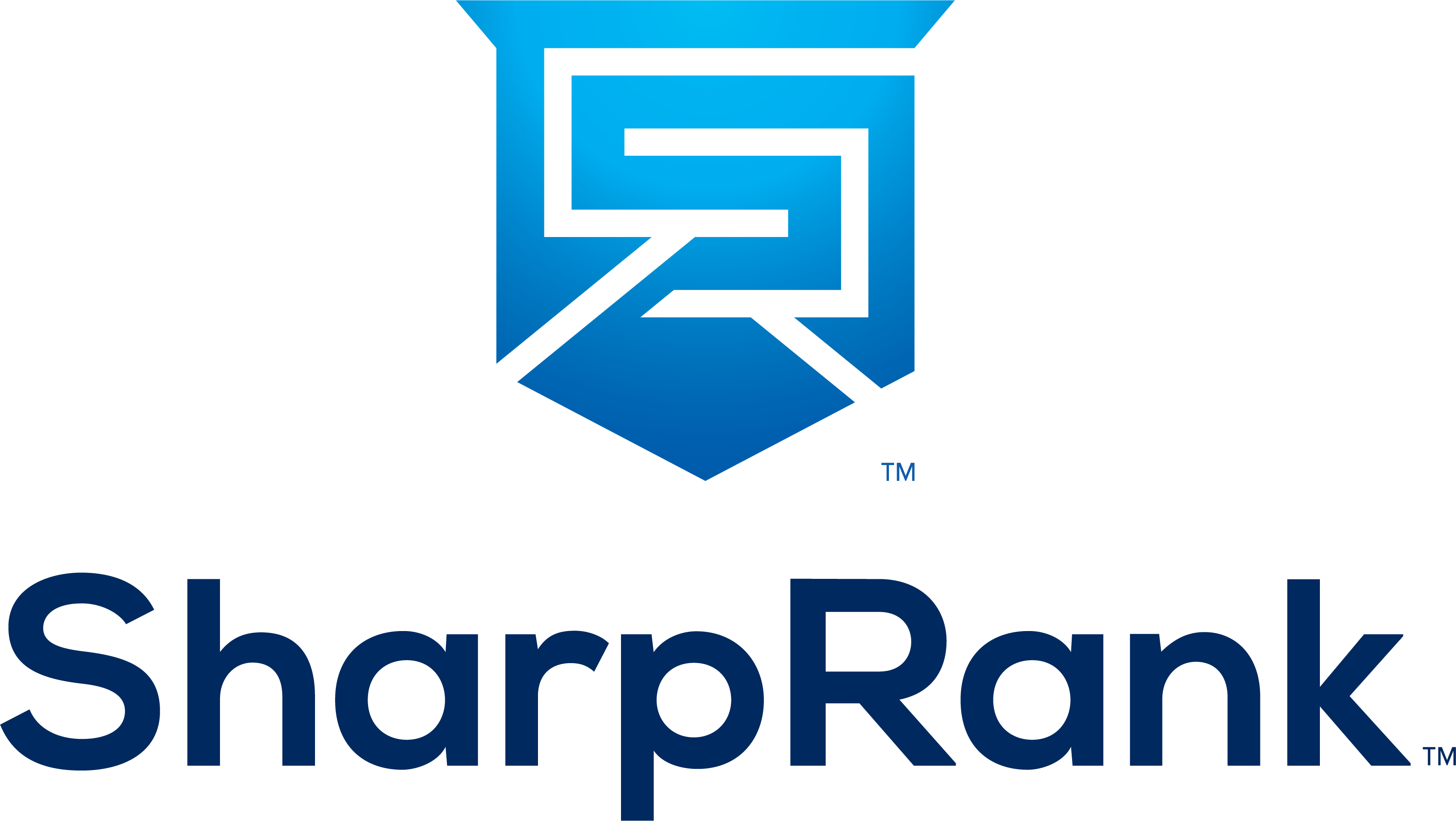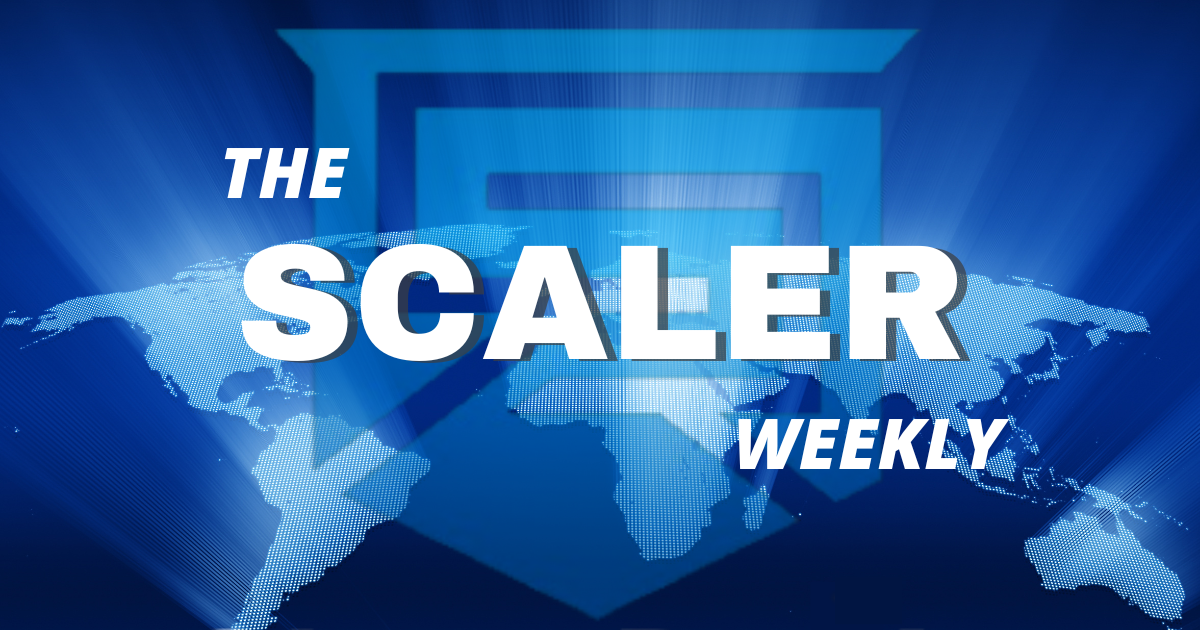SharpRank’s weekly updates on Compliance, Audit, Legislation, Ethics, & Regulation within the Sports Betting Industry.
Topics 9/9/25:
- Doctors Call for Restrictions on Sports Betting Ads to Protect Youth
- DraftKings CEO: Prediction Market Growth Lies in States Without Online Sports Betting
- PredictIt Wins CFTC Approval to Operate as Licensed Derivatives Exchange
- CFTC and SEC Announce Joint Scrutiny of Prediction Markets
- States Push to Restrict Prop Bets Amid Integrity and Addiction Concerns
Doctors Call for Restrictions on Sports Betting Ads to Protect Youth
An editorial in the Canadian Medical Association Journal (CMAJ) warns that the flood of sports betting ads during broadcasts is fueling youth exposure to gambling, with physicians calling for restrictions to protect minors. Doctors highlight cases of adolescents secretly wagering with parents’ credit cards and developing early gambling problems, with associated risks such as substance use, delinquency, and even suicidality. While betting sites officially target adults, experts stress that ads normalize gambling for impressionable youth, potentially leading to lifelong harm. They argue governments must rein in advertising and safeguard children from being conditioned to link sports enjoyment with gambling behavior.
DraftKings CEO: Prediction Market Growth Lies in States Without Online Sports Betting
DraftKings CEO Jason Robins told investors at the Bank of America Gaming & Lodging Conference that prediction markets could thrive in states where online sports betting isn’t legal, since demand for game lines and basic wagers would be strongest there. Robins explained that in markets where sportsbooks already operate, prediction platforms will struggle to compete because they can’t match the depth and variety of bets offered by traditional operators. He also flagged liquidity and collateralization requirements as structural barriers to offering complex wagers like parlays. While DraftKings hasn’t announced concrete plans, Robins confirmed the company is preparing internally and monitoring federal regulatory developments, especially as rivals like FanDuel, Underdog, and Polymarket push forward. Analysts echoed that DraftKings’ strategy could leverage exchange licensing to move into financial-style products while avoiding state tax burdens.
PredictIt Wins CFTC Approval to Operate as Licensed Derivatives Exchange
Political prediction platform PredictIt received regulatory approval from the Commodity Futures Trading Commission (CFTC) to operate as a licensed derivatives exchange and clearinghouse, marking a major milestone for its long-contested U.S. operations. The approval comes after years of legal battles following the CFTC’s 2022 revocation of its “no-action” letter, which had previously allowed PredictIt to run under academic-use restrictions. A federal court victory in July 2025 paved the way for the CFTC’s revised no-action stance, and now PredictIt joins Kalshi, Polymarket, and Crypto.com as fully licensed derivatives operators. Aristotle, PredictIt’s parent company, announced the platform will formally relaunch in October, with CEO John Aristotle Phillips calling the approval a step toward creating “the most robust and transparent” prediction market available.
CFTC and SEC Announce Joint Scrutiny of Prediction Markets
The Commodity Futures Trading Commission (CFTC) and Securities and Exchange Commission (SEC) issued a joint statement announcing closer collaboration on prediction markets, noting their rapid growth and the need to clarify jurisdictional authority. The move comes as platforms like Kalshi expand federally regulated sports contracts while clashing with state regulators. The agencies said they aim to provide clarity for innovators while protecting market participants, with discussions extending beyond sports to crypto, perpetual contracts, and other 24/7 trading products. The announcement adds momentum to ongoing scrutiny of event contracts, particularly as operators like FanDuel, Underdog, and Robinhood explore the space.
States Push to Restrict Prop Bets Amid Integrity and Addiction Concerns
A growing number of states are moving to regulate or ban certain proposition bets, which focus on individual players or plays rather than game outcomes, due to concerns over integrity risks and compulsive gambling. New Jersey lawmaker Dan Hutchison has introduced a bill to ban live micro-bets on individual plays, while Ohio Gov. Mike DeWine has called for a full ban on prop bets in professional sports. Critics say such wagers expose athletes to harassment and are easier to manipulate, while public health experts warn they heighten addiction risks. The NCAA, NBA, and MLB have all expressed support for tighter restrictions, particularly in college sports. Industry groups, however, argue bans will only drive activity to unregulated offshore markets. With legal sports betting now active in 38 states and Washington, D.C., the debate over prop bets highlights the tension between fan engagement, league integrity, and consumer protection.
Click here to read our latest blog post: Efficient Market Hypothesis in Sports Betting

